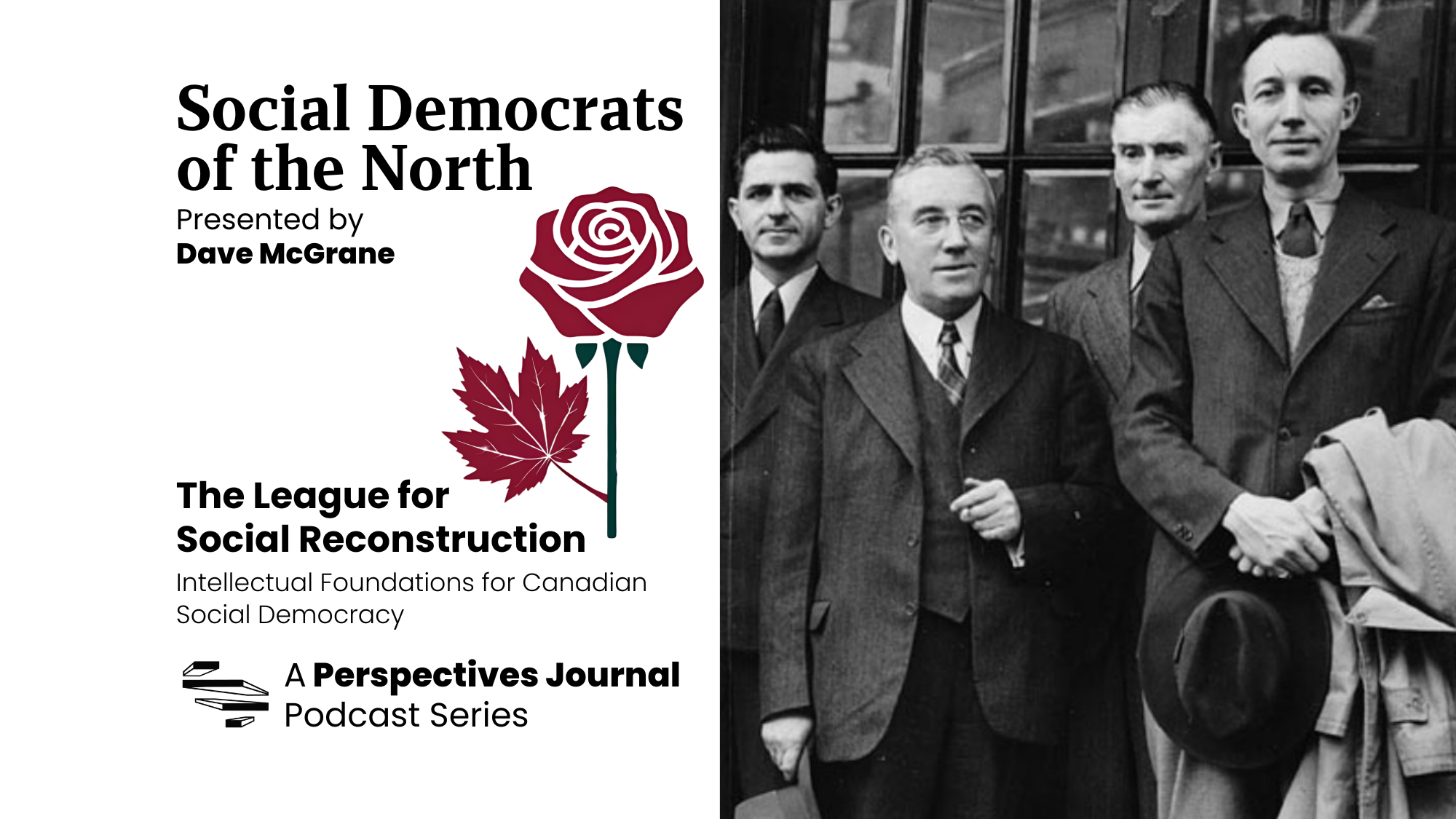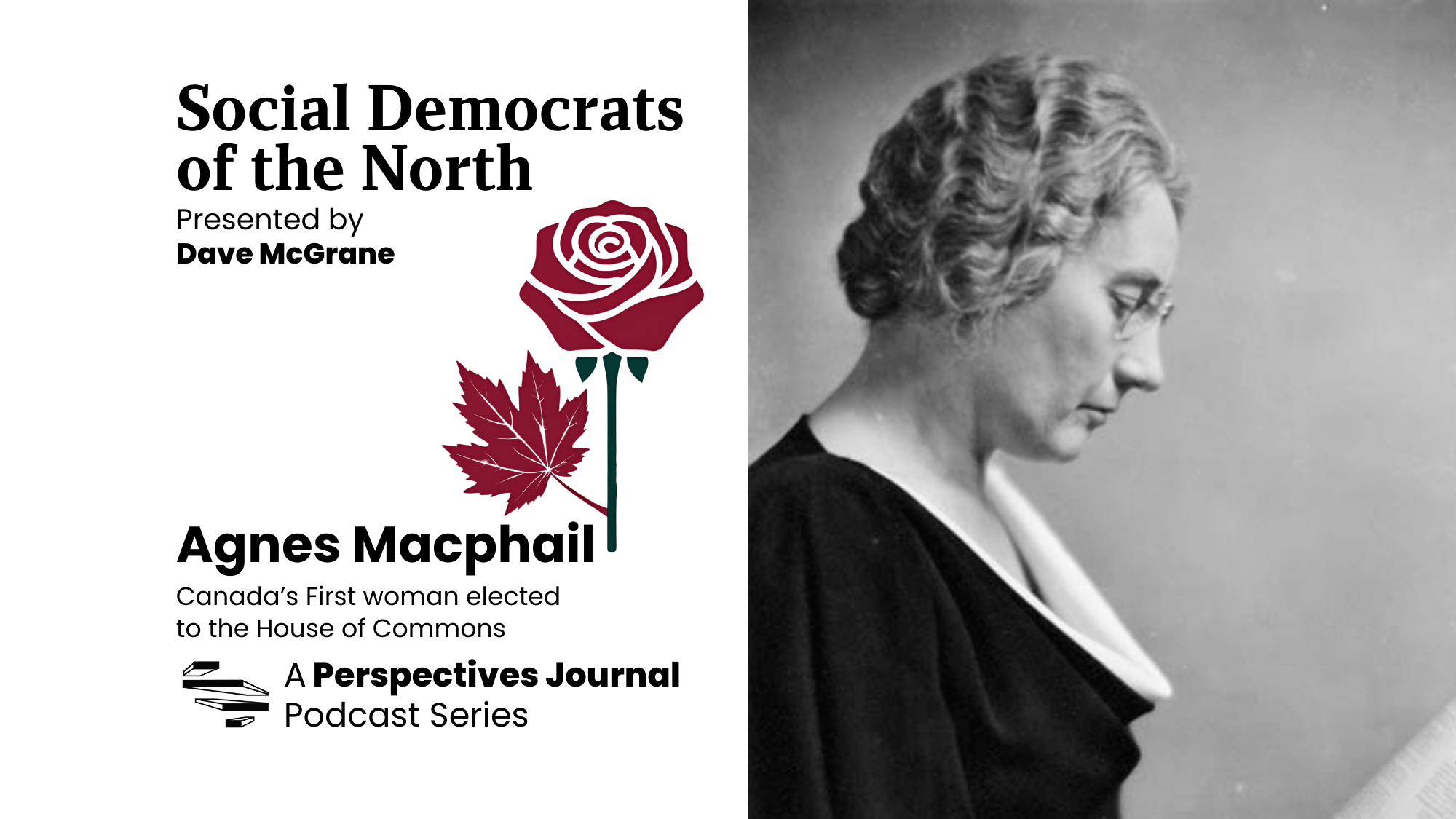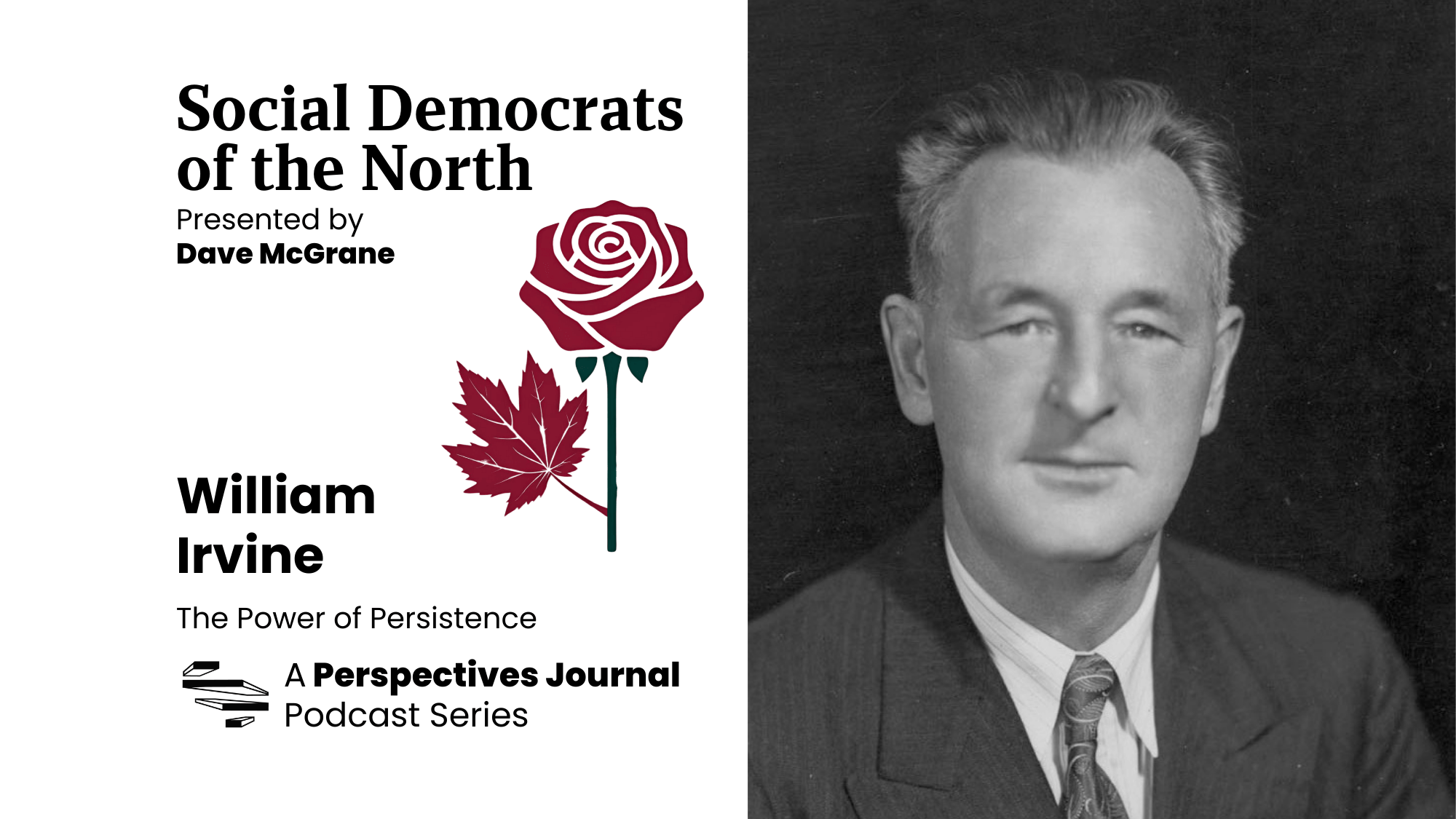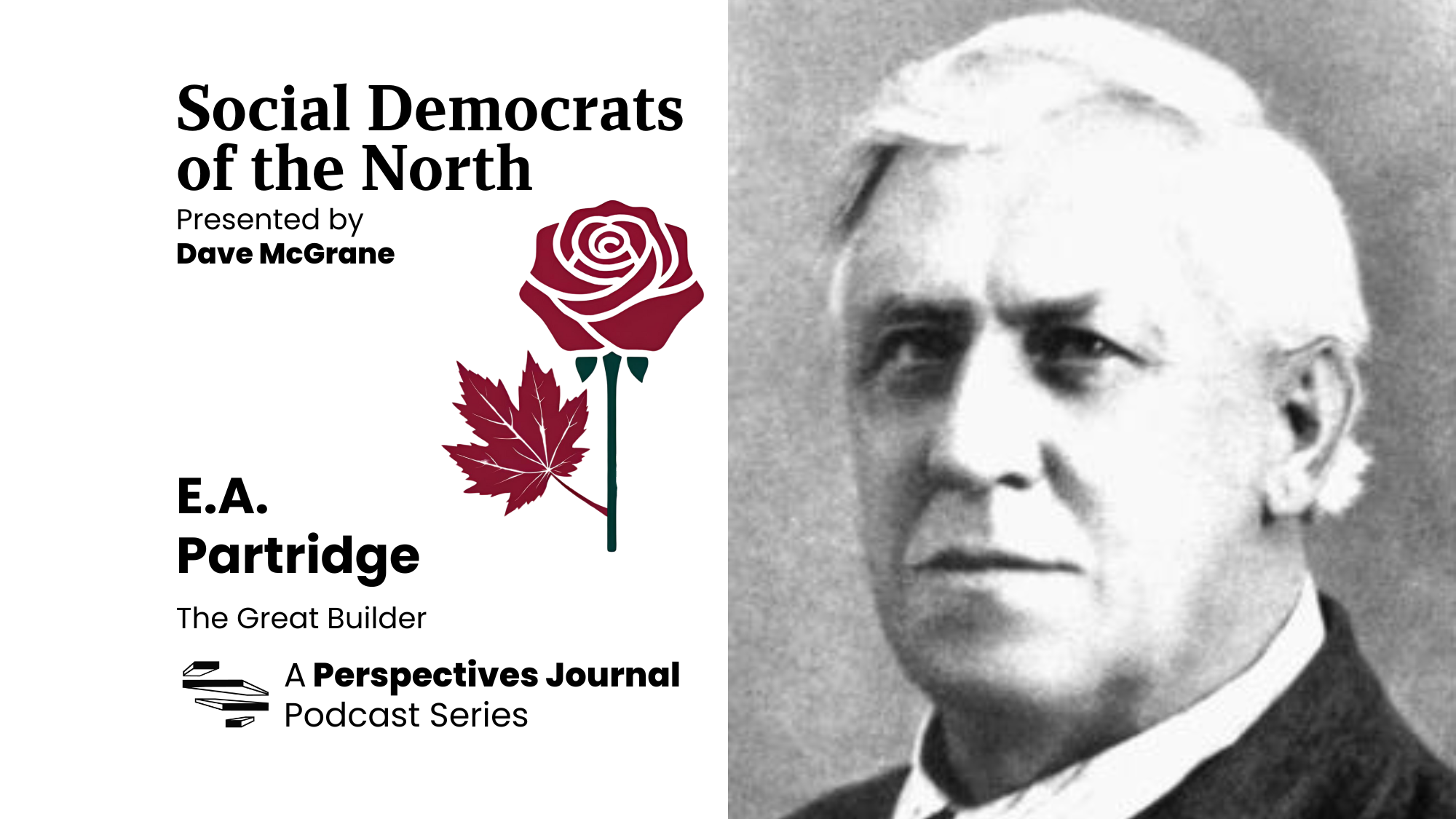Social Democrats of the North: League for Social Reconstruction
The League for Social Reconstruction was a group of socialist thinkers, brought together by the crisis of the Great Depression, that laid the intellectual foundations for modern Canadian social democracy.










